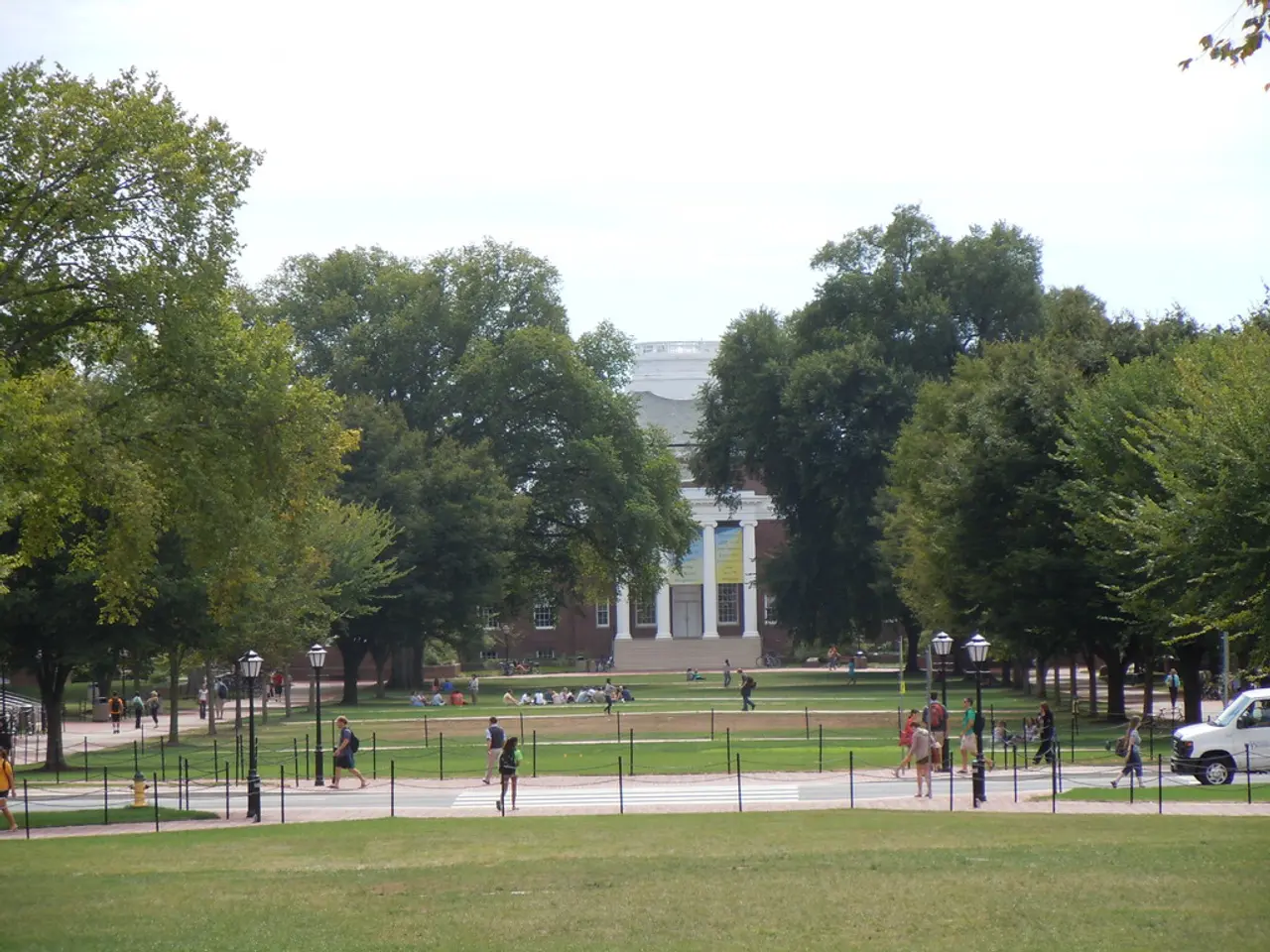UCLA Agrees to Pay $6.5 Million for Resolving Antisemitism Litigation
The University of California, Los Angeles (UCLA) has agreed to pay $6.5 million to settle allegations of discriminating against Jewish students during pro-Palestine protests. Three Jewish students and a UCLA Health professor sued the university in June 2024, claiming that UCLA failed to protect their civil rights during a days-long pro-Palestinian encampment in April 2024.
The lawsuit alleged that UCLA allowed protesters to create a "Jew Exclusion Zone" that blocked Jewish students' access to campus buildings and lecture halls, impeding their freedom of speech and educational access. UCLA and several officials, including former Chancellor Gene D. Block and UC President Michael V. Drake, were named defendants.
The university agreed to a $6.45 million settlement in July 2025 to resolve this lawsuit. The settlement includes funding to fight antisemitism at the school. UCLA will also pay $320,000 to an initiative to combat on-campus antisemitism and $50,000 to each individual listed as a plaintiff in the lawsuit.
Yitzchok Frankel, a UCLA Law graduate and plaintiff in the lawsuit, believes the settlement should provide increased peace of mind for Jewish students. Janet Reilly, the chair of the University of California's board of regents, has expressed the school's commitment to "doing better moving forward" regarding antisemitism, harassment, and intimidation. Reilly stated that these actions are "antithetical to our values" and have no place at the University of California.
Under the settlement agreement, UCLA will pay $2.33 million to eight organizations affiliated with the on-campus Jewish community. Reilly also stated that the settlement reflects a shared goal to foster a safe, secure, and inclusive environment for all members of the community and ensure there is no room for antisemitism.
However, UCLA faces an ongoing lawsuit from pro-Palestinian protesters who claim the university and police failed to protect them from violent counterprotesters and used excessive force against them during the encampment. Around 30 to 36 pro-Palestinian students, faculty, and others filed a separate lawsuit alleging that UCLA and law enforcement failed to protect them from brutal mob assaults.
Thomas Harvey, an attorney for the pro-Palestine plaintiffs, stated that the assault was four-plus hours of unmitigated violence. The lawsuit claims UCLA police "stood and watched" as counterprotesters brutally attacked the pro-Palestinian demonstrators, inflicting injuries such as broken bones and chemical burns. It also accuses law enforcement of using excessive force, including flashbangs and kinetic impact projectiles, and of false arrests and invasive searches when clearing the encampment the following day at UCLA's request.
More than 200 people were arrested during the encampment clearing, with allegations of misconduct including forcing hijab removal and prolonged detention. The plaintiffs seek damages and a legal declaration that the clearing of the encampment was illegal.
The University of California, Los Angeles (UCLA) is continuing to litigate related claims, including a lawsuit filed on behalf of 30 pro-Palestine protesters. The school has stated that the settlement demonstrates "real progress in the fight against antisemitism." However, the ongoing lawsuit highlights the intense campus tensions related to the 2024 Israel-Gaza conflict protests.
- The settlement at UCLA provides funds for an initiative to combat on-campus antisemitism, indicating a focus on education-and-self-development and general-news regarding civil rights, particularly in the context of political discussions surrounding the Israel-Gaza conflict.
- The ongoing lawsuit against UCLA by pro-Palestinian protesters, who claim they were subjected to violence and excessive force, underscores the broader political landscape on university campuses, involving not only civil rights debates but also issues related to politics and general-news reporting.




